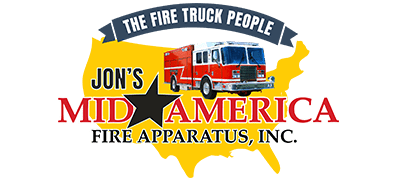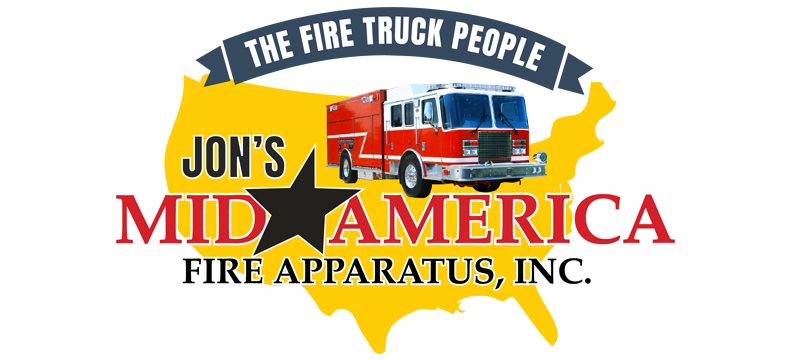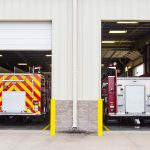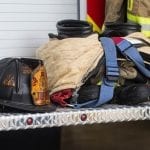Scheduled maintenance of your apparatus is crucial, but regular inspection of your apparatus and equipment is equally as important to ensure the safety of yourself and others. The apparatus is useless without the equipment on it that can save someone during an emergency. Daily equipment checks make it so you’re ready to go at a moment’s notice.
We’ve created a guide to the equipment you should be checking, along with some reasons why these regular checks are so important.
Checking equipment
There are two categories of equipment that should be checked: personal equipment and operational equipment. Personal equipment is any item that is on your person, including turnout gear, survival gear and more, while operational equipment is any gear that is needed for daily firefighting.
Personal equipment is the most important series of items to check for in terms of your own safety. Without this gear, you run the risk of injuring yourself, leaving you unable to help save others.
Some of the equipment needed for personal safety includes:
- Turnouts. Turnout gear is what separates you from a fire, so making sure it is working properly is clearly important. Check the thermal lining and moisture barrier for tears and any signs of disrepair.
- Self-contained breathing apparatus (SCBA). SCBAs help prevent you from breathing in any smoke or other dangerous chemicals in the air. Check your oxygen levels and that the equipment is working.
- Radio and flashlight. Being able to both see and communicate is a key part of working with your team. Check the batteries in both of these pieces of equipment and change them if necessary.
Operational equipment will be needed for the majority of fires. These pieces of equipment, due to being used so often, need to be checked regularly.
Operational equipment includes:
- Saws. Look over any saws you may use for any clear visual problems, including problems with the blades. Check that all fuel and oil is topped off.
- Ladders. Though ladders do not need a great deal of inspection, they are used frequently in fire rescue. Check that your ladder is functional and there are no obvious problems.
- Any other regularly used equipment. Equipment that you use frequently can vary from department to department depending on your needs. Assess what pieces of equipment you use most often and add them to your list of items that should be checked daily.
Checking the apparatus
Just as you check your equipment daily, you should inspect your apparatus daily as well. This should not be to the same extent as your regular performative maintenance check, but a simple overview to ensure your apparatus is ready to go at any given point. Apparatus are extremely technical and complicated, and errors can easily occur at any given point.
Ask yourself these questions as you look over your apparatus:
- Is the apparatus scratched or dented?
- Are the tires properly pressurized?
- Are all lights working all around the apparatus?
- Is all equipment on the apparatus secure?
- Are the sirens functioning properly?
- Are all switches in the apparatus functional?
- Are the windows clean and free of cracks?
These questions provide a good baseline for what may be wrong with your apparatus, but it all varies depending on the unique needs of your department. Spend some time with your team assessing your needs and your main concerns. If you have an apparatus that can have issues with its tires, know that is a concern that will need to be addressed frequently.
Why are these checks important?
Doing a daily check of the equipment and the apparatus itself is the primary way to know you’re ready for whatever call you receive that day. An ambulance would never imagine leaving for the hospital without making sure they had a defibrillator. Without checking for this equipment, it could potentially lead to being unable to rescue someone in the midst of a disaster. Missing one day may not feel like a problem, but those “one day” incidents can add up quickly. Make sure that you’re keeping your firefighters safe every time that apparatus takes off.
Is it time for your yearly maintenance, or do you want to have your apparatus equipment checked? Call us and we can discuss how to make your apparatus as safe as possible.



